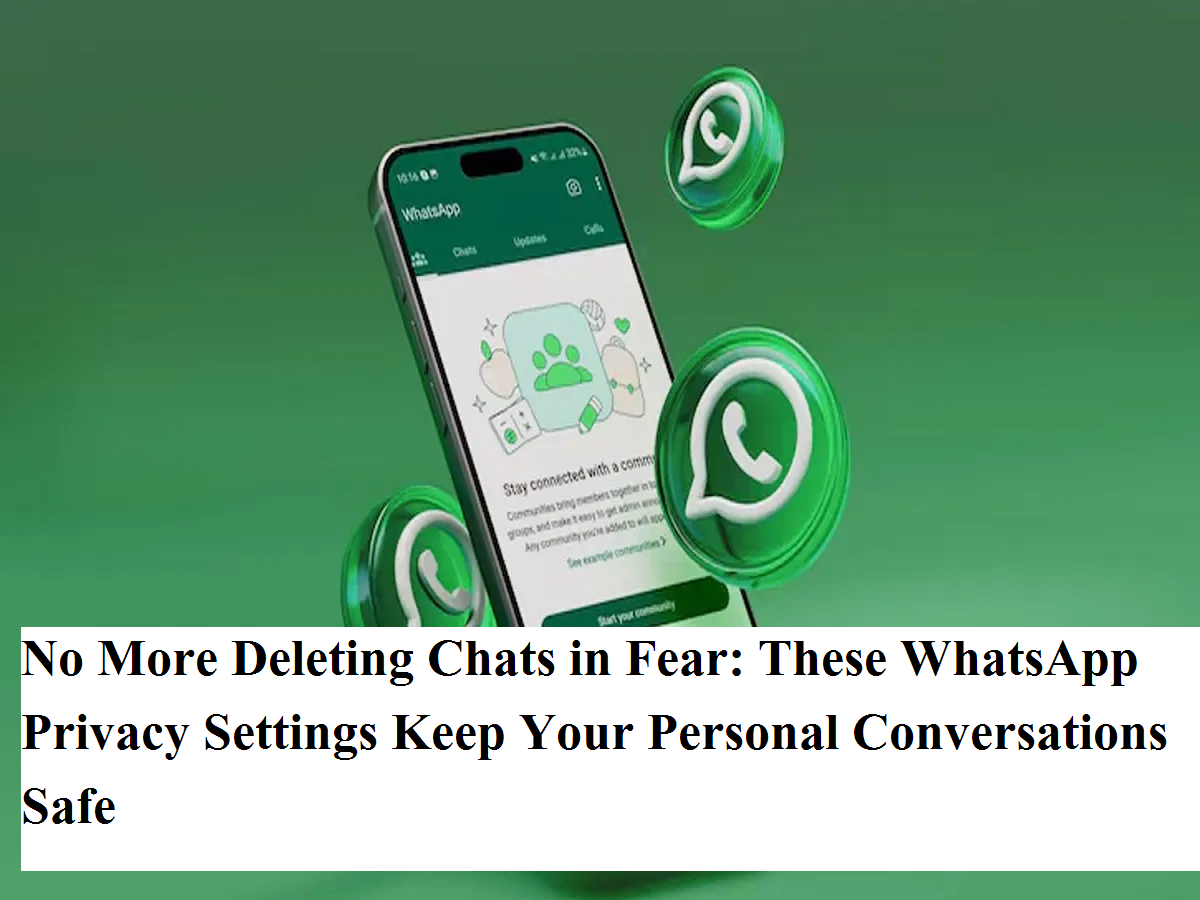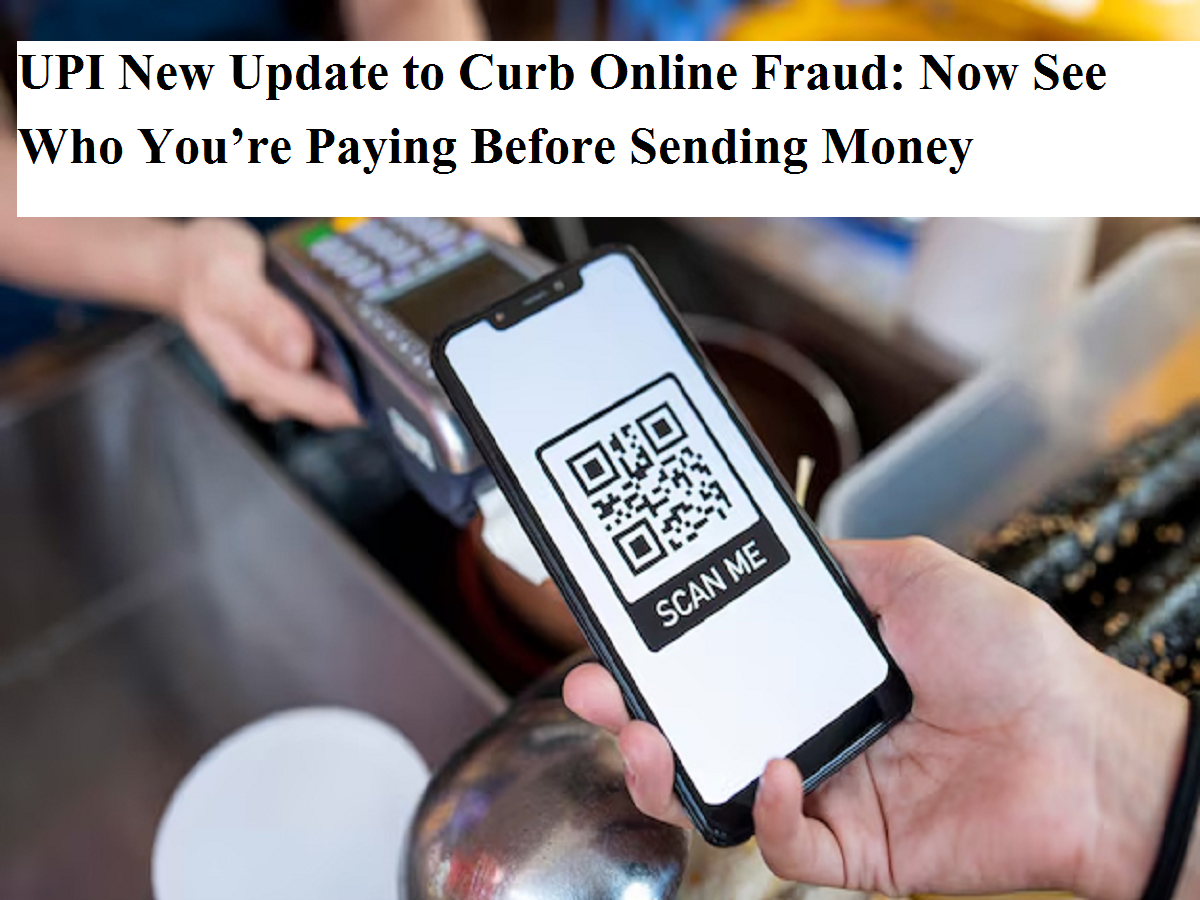
Facebook, one of the world's most popular social media platforms, is not just a place for reconnecting with friends and sharing memories—it has also become a hotspot for scams. Cybercriminals are using increasingly sophisticated methods to trick users into revealing personal information, sending money, or clicking on malicious links. Here are some of the most common Facebook scams you should watch out for and tips on how to stay safe.
1. Fake Fundraisers & Charity Scams
Many fraudsters exploit people's kindness by creating fake donation campaigns for medical emergencies, natural disasters, or personal tragedies. They may impersonate real individuals or organizations, using stolen photos to make their stories seem legitimate. Always verify a fundraiser by checking official websites or using reputable crowdfunding platforms.
2. Clickbait & Like-Farming Scams
Scammers lure users with sensational headlines, emotional stories, or incredible deals, asking them to "like," "share," or "comment" to claim a prize. These tactics help fraudsters spread their scams further, and clicking suspicious links may lead to phishing attacks or malware downloads. Avoid interacting with posts that seem too good to be true.
3. Giveaway & Prize Scams
Who wouldn’t want a free iPhone or luxury vacation? Scammers create fake giveaways requiring users to fill out forms, provide credit card details, or share personal data. Legitimate contests never ask for sensitive information. If a giveaway looks suspicious, check the official company’s website before participating.
4. Fake Quizzes & Data-Harvesting
Fun quizzes asking for details like your favorite color, pet's name, or birth month might seem harmless. However, these questions often resemble password recovery prompts. Hackers use this information to gain access to your accounts. Be mindful of what details you share online.
5. Cloned Accounts & Impersonation
Receiving a friend request from someone you’re already connected with? Scammers often clone real profiles to trick people into trusting them. They then send messages requesting money or personal information. If you receive a duplicate request, contact your friend directly to confirm.
6. Romance Scams
Online dating fraud extends to Facebook. Scammers create fake profiles, gain victims’ trust, and then fabricate emergencies to ask for money. Be cautious when engaging with strangers online, especially those who claim to have fallen for you too quickly.
7. Fake Job Offers
Too-good-to-be-true job postings often require applicants to pay upfront fees or share personal information. These scams can result in identity theft. Always research a company before applying, and avoid opportunities that demand financial contributions upfront.
8. Phishing Attacks
Cybercriminals send messages pretending to be from Facebook, warning users about account suspensions or security breaches. These messages contain malicious links designed to steal login credentials. Always log in directly through Facebook's official website instead of clicking on links in messages.
9. Malware & Suspicious Links
Have you received a message saying, "Look what they’re saying about you!" with a mysterious link? These links often lead to malware downloads. Never click on suspicious messages—even if they come from a friend. If in doubt, contact the sender through another platform to verify.
10. Facebook Marketplace Scams
Scammers use Facebook Marketplace to list fake rental properties, vehicles, or expensive items at unrealistically low prices. They often pressure buyers to make payments before seeing the product in person. Always meet sellers in safe public places and avoid prepayments.
How to Stay Safe on Facebook
-
Never click on unknown links, even if they appear to come from a friend.
-
Use two-factor authentication to add an extra layer of security.
-
Verify fundraisers before donating money.
-
Be cautious of online strangers asking for personal information or financial help.
-
Regularly update your privacy settings to limit what scammers can see on your profile.
By staying informed and cautious, you can protect yourself from these common Facebook scams. Always think before you click, and when in doubt, verify information through trusted sources!
Disclaimer: This article aims to educate users about evolving Facebook scams and how to safeguard themselves against digital fraud.






